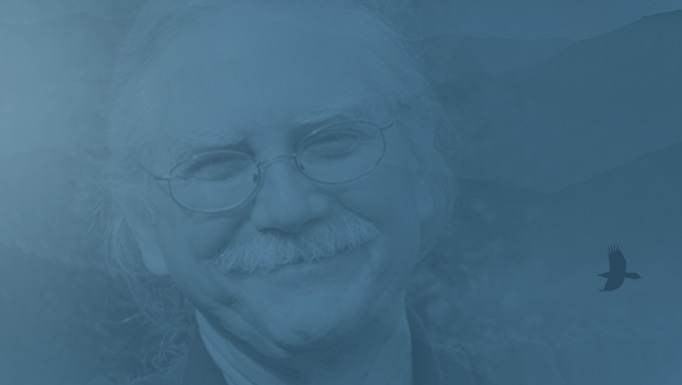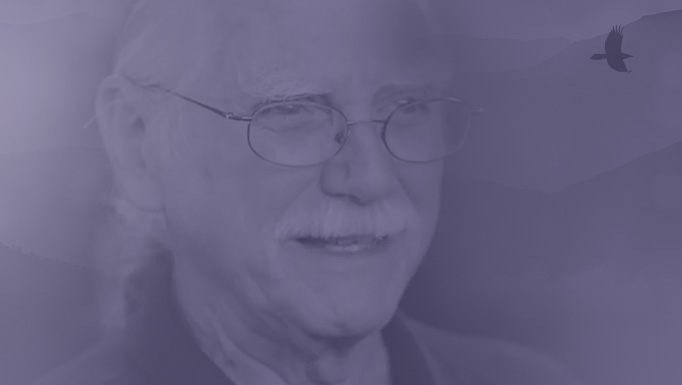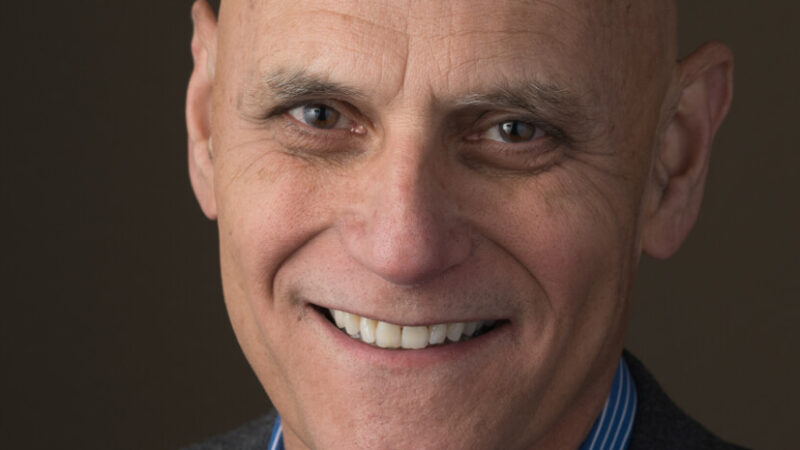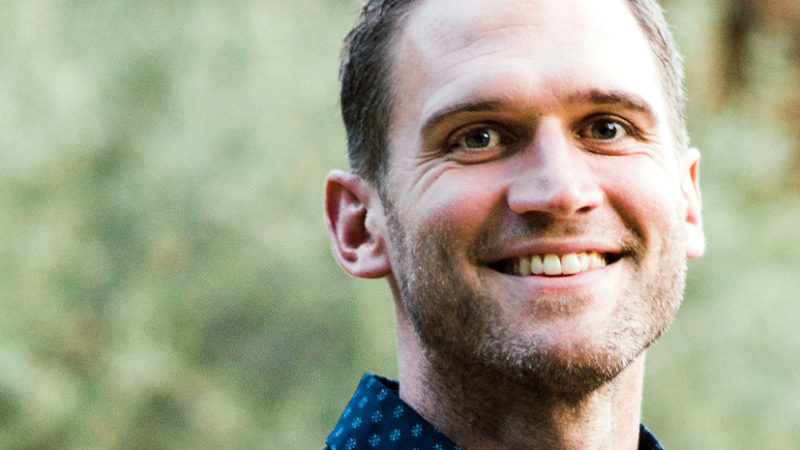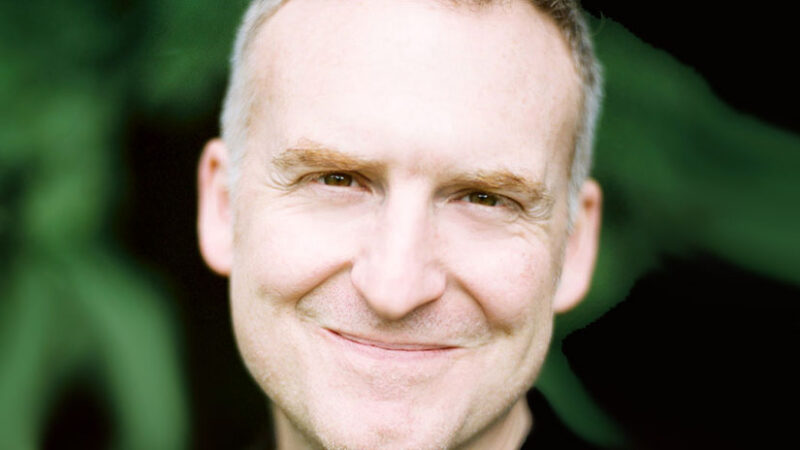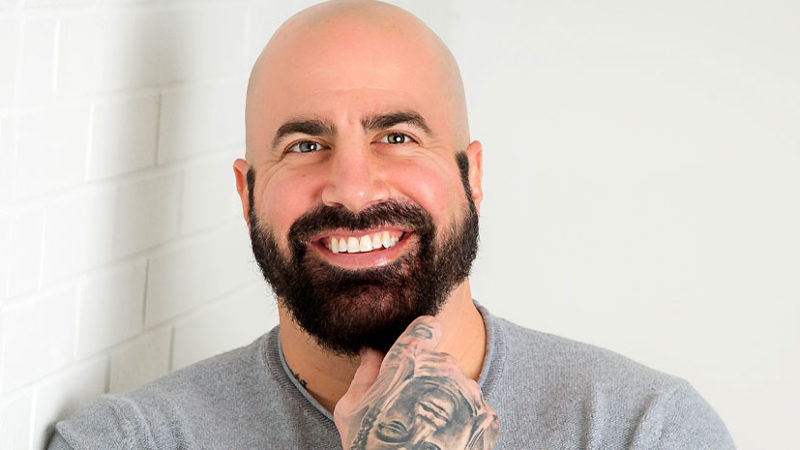-
The Michael Singer Podcast
S3 New Year’s Bonus: Every Day Gets Lighter When You Let Go of Yourself
Michael Singer discusses intention—"perhaps the deepest thing we can talk about"—and the path to self-realization.
Latest:
S3 New Year’s Bonus: Every Day Gets Lighter When You Let Go of Yourself -
Christina Rasmussen: Life Reentry: Exiting the Waiting Room
Christina Rasmussen — July 23, 2024
There are certain experiences that are completely and utterly devastating, yet seemingly impossible to articulate and share. Grief educator and author Christina Rasmussen calls...
-
How to Mental Stack Your Way to a New Chapter in Life
Most people feel trapped in a thousand ways. But more often than not, this sense of entrapment us into putting our heads down and getting the things we are...
Written by:
Christina Ramussen
-
Many Voices, One Journey
The Sounds True Blog
Insights, reflections, and practices from Sounds True teachers, authors, staff, and more. Have a look—to find some inspiration and wisdom for uplifting your day.
Standing Together, and Stepping Up
Written By:
Tami Simon -
The Michael Singer Podcast
Your Highest Intention: Self-Realization
Michael Singer discusses intention—"perhaps the deepest thing we can talk about"—and the path to self-realization.
This Week:
Christina Rasmussen: Life Reentry: Exiting the Waiting Room -
Many Voices, One Journey
The Sounds True Blog
Insights, reflections, and practices from Sounds True teachers, authors, staff, and more. Have a look—to find some inspiration and wisdom for uplifting your day.
The Greatest Wealth Is Found When We Gather Together
Written By:
Chianti Lomax
600 Podcasts and Counting...
Subscribe to Insights at the Edge to hear all of Tami's interviews (transcripts available, too!), featuring Eckhart Tolle, Caroline Myss, Tara Brach, Jack Kornfield, Adyashanti, and many more.
Most Recent
Special Episode: Outrage + Optimism
Since we’ve just completed the release of our 10-part series, We Are the Great Turning, we wanted to introduce you to another podcast with a spirit similar to ours: Outrage + Optimism.
The episode we’re going to play for you is called “Our Story of Nature: From Rupture to Reconnection.” It’s the first in a miniseries that shines a light on our relationship to the rest of nature. Remembering our place in the web of life is an essential part of building the Great Turning.
Be sure to subscribe to their podcast, and give them a follow on social media @outrageoptimism.
Now that this season of We Are the Great Turning is over, naturally, the question that’s emerging is … “What’s next?” As we consider whether to do a second season, we’d love to hear more about what you got from the first. What impact has it had in your life, and what might you love to hear from us next? Send us an email or a voice note at greatturning@soundstrue.com or send Jess a DM on Instagram @jess_serrante.
Christina Rasmussen: Life Reentry: Exiting the Waiting...
There are certain experiences that are completely and utterly devastating, yet seemingly impossible to articulate and share. Grief educator and author Christina Rasmussen calls these our “invisible losses”—and they are often more perplexing and difficult to navigate than the overt tragedies we all endure in life. In this podcast, join Sounds True’s founder, Tami Simon, in conversation with Christina Rasmussen about her new book, Invisible Loss: Recognizing and Healing the Unacknowledged Heartbreak of Everyday Grief.
Filled with unique perspective and compassionate insight, this dialogue explores the place of uncertainty and stagnation known as “the waiting room”; the original self, and how we get disconnected from it; the impacts of an “us vs. them” experience; how to identify your primary invisible loss; three inner narrators—the survivor, the watcher, and the thriver; reclaiming our forgotten “thriver memories”; the cost of seeking approval; saying yes to what you’ve always wanted to do; cleansing our patterns of fear; the practice of mental stacking; the Life Reentry model; reframing our experiences and taking action from our wisdom; why the place of death is also the place of creation; and more.
Otto Scharmer: What Future Is Wanting to Emerge Throug...
Looking at the state of our world, says Dr. Otto Scharmer, it’s plain to see that there’s something wrong with our collective decision-making. How, then, do we move from just reacting against the issues of the past, toward sensing and actualizing the future that is wanting to emerge? That is the profound question at the heart of this podcast featuring the renowned MIT lecturer, author of Theory U, and contributing faculty member to Sounds True’s Inner MBA® program.
In a bold conversation that speaks directly to both our individual empowerment and the larger societal changes that are becoming increasingly urgent, Tami Simon and Otto Scharmer discuss: the collective sense of depression and disillusion at this time; reframing a fearful cultural narrative to one of hope and possibility; bridging today’s ecological, social, and spiritual divides; ego-system awareness vs. ecosystem awareness; big changes through small steps; the subtle shift of “opening the will”; letting go of what’s not essential; moving from certainties to not knowing; Social Presencing; courage; why transformational work and activating our potential is easier than we think; creating a “holding space” and allowing generative forces to come forth; attention, intention, and agency; the invisible yet vital part of our social field—the quality of our relationships; deep listening; the awakening of the human spirit; and more.
Note: This episode originally aired on Sounds True One, where these special episodes of Insights at the Edge are available to watch live on video and with exclusive access to Q&As with our guests. Learn more at join.soundstrue.com.
Customer Favorites
S1 E1: Ceasing to Be Caught in the Waters of Mind
The natural state of the mind is like calm, still water, teaches Michael Singer. The practice of spiritual surrender—to “relax and release” our resistance to whatever arises in our experience—is the pathway to enjoying serenity of mind no matter what the universe throws your way. In this podcast, Michael Singer uses the analogy of an aquatic bird maintaining its balance on rough water to illustrate what to do and what not to do if we want to stay poised and upright when life gets turbulent.
S1 E2: Doing the Real Work to Free Yourself
According to Michael Singer, the only one stopping you from experiencing the heights of divine ecstasy and freedom is you. In this podcast, he describes the real work of the spiritual path as the process of removing our inner blockages and self-made obstacles in order to uncover the natural states of bliss and spiritual liberation that are our birthright. He also discusses discovering “witness consciousness,” the cause of karma, the art of relaxing and releasing resistance to our experience, and more.
Steven Hayes PhD: Self-Acceptance and Perspective-Taki...
Steven Hayes is a professor, the chair of the Department of Psychology at the University of Nevada, and the author of more than 35 books and 500 scientific articles. The cofounder of the acclaimed Acceptance and Commitment Therapy (known as ACT), Steven is a contributor to the Sounds True book The Self Acceptance Project: How to Be Kind and Compassionate Toward Yourself in Any Situation and the author of the Sounds True audio program Acceptance and Commitment Theory. In this episode of Insights of the Edge—which previously aired as part of an interview series on self-acceptance—Tami Simon and Steven discuss his experiences living with a panic disorder at a young age, and how his own bouts with anxiety shaped his clinical studies. They talk about the practice of perspective-taking and how it can be a powerful bulwark against self-recrimination. Finally, Steven offers his perspective on spirituality and how that perspective informs the core tenets of Acceptance and Commitment Therapy.
Timeless Classics
Lance Allred: The New Alpha Male
Lance Allred is a former NBA player (who was the first legally deaf player in the league), public speaker, and author. With Sounds True, he has published The New Alpha Male: How to Win the Game When the Rules Are Changing. In this episode of Insights at the Edge, Tami Simon speaks with Lance about the experiences he had in professional sports that led him to reevaluate what it means to be a man in contemporary society. Lance explains how his upbringing in a rural, polygamous commune informed his original ideas about masculinity, highlighting the subconscious assumptions about money and power that affect American men’s self-worth. Tami and Lance also discuss the roles of emotional vulnerability and surrender in the lives of modern men. Finally, they talk about the principle of perseverance and the increasingly urgent need for all cultures to reexamine their assumptions and core values.(63 minutes)
Micah Mortali: Rewilding
Micah Mortali is the director of the Kripalu School, a certified yoga teacher, and a longtime wilderness guide. With Sounds True, he has published Rewilding: Meditations, Practices, and Skills for Awakening in Nature. In this episode of Insights at the Edge, Tami Simon speaks with Micah about humanity’s growing disconnection from the earth and how “rewilding” can help slow that trend. They talk about rewilding both as individuals and as part of whole ecosystems. Micah also shares the story of an intense, revelatory trail encounter with a bear and comments on the “species loneliness” of urban environments. Mulling the sense of grief they have for humankind’s effects on the environment, Tami and Micah consider how modern people can grapple with being in exile from the natural world. Finally, they discuss the barriers many have to reentering nature, as well as ways to initiate your own rewilding experience no matter where you are.(64 minutes)
Christian Conte: Healing Conflict: Listen, Validate, a...
Christian Conte, PhD, is a mental health specialist and leading authority on anger management. With Sounds True, Christian has published Walking Through Anger: A New Design for Confronting Conflict in an Emotionally Charged World. In this episode of Insights at the Edge, Tami Simon talks with Christian about his Yield Theory of emotional management, focusing on the process of “listen, validate, explore options.” Christian explains the events that led to his interest in anger management, as well as the origins of Yield Theory. He emphasizes the importance of meeting others where they are, giving them the opportunity to drain anger’s charge from their limbic system. Christian and Tami discuss why it’s necessary to cultivate humility and how Yield Theory might be applied to our currently divisive culture. Finally, they speak on “the cartoon world” that angry responses often create, as well as the importance of watching what we add to our minds.(63 minutes)



